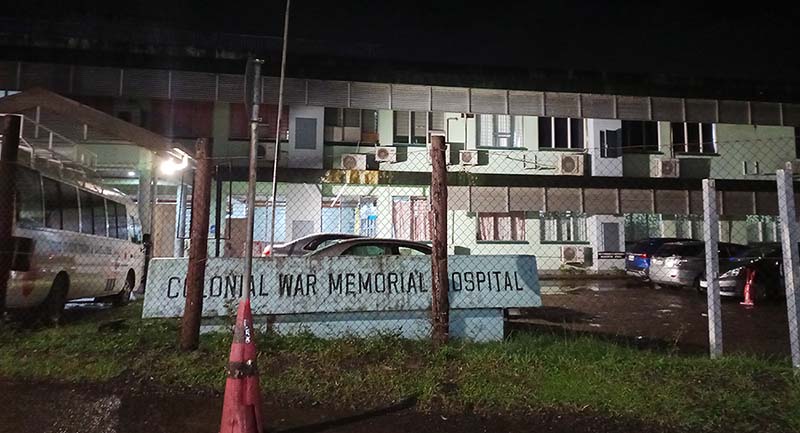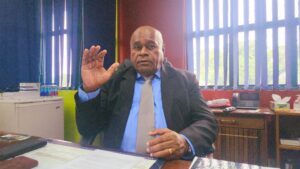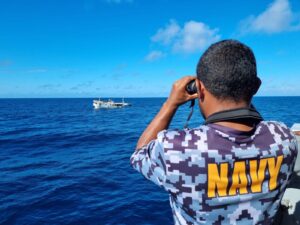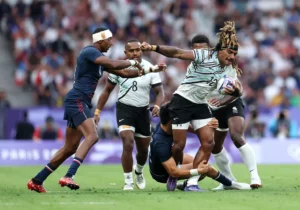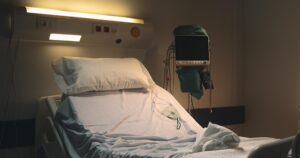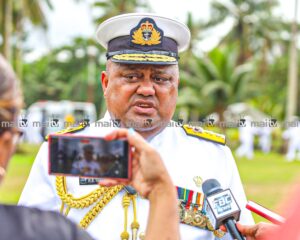Chief Surgeon CWM Hospital Dr Josese Turagava discussed challenges faced by healthcare professionals over the last two decades, highlighting the need for a new tertiary hospital within the Suva-Nausori corridor.
Speaking to members of the media in Suva yesterday, Dr Turagava cited increased demand and outdated infrastructure as major hindrances to effective patient care by healthcare professionals working within the Suva-Nausori corridor.
Turagava highlighted the limitations of CWM Hospital, originally designed for a specific population that has since doubled within the last ten years due to population shifts. The hospital, equipped with 500 beds, struggles to meet the increasing demand, resulting in substantial patient backlogs.
With surgical theatres operating at reduced capacity and infrastructure showing signs of decay, Turagava says there is an urgent need for a new tertiary hospital capable of accommodating at least 1000 patients.
“For a patient with a suspected appendix in Navua, it takes about two to three days for a bed to clear at CWM for them to come through,” Dr Turagava said. “Out of the eight operating theatres we have, we are only functioning with three or four operating theatres. Last week we had the the ceiling of one of the theatres fall off.”
The call for a new hospital comes as clinicians, particularly surgeons, express frustration over a lack of operating time and theatre space. Turagava pointed out that the current situation has led to cancer patients being placed on waiting lists, hindering the hospital’s ability to provide timely and effective care.
Issues raised by Turagava include the aging sterilising machine, which has been in use for 24 years without replacement, and the outdated boiler room and laundry facilities which was burnt over two years ago. He said that the healthcare system requires a sustainable solution, calling for a facility that can meet the demands of the growing population for the next 50 to 100 years.
“We’ve got a whole lot of waiting list of cancer patients but we’re not able to look after them. Most of us have to come in after hours to come and clear the workload. So if only, I know it’s a concerted effort, that we need to start thinking for the next 50 to 100 years, but we need to start creating something that will be sustainable for the future.
“For our cancer services to improve, we really need to improve our facilities and infrastructure and the supply chains so that we can actually improve our work. Now we’ve created a lot of awareness, a lot of ladies are more willing to come with a cancers but now we’re stuck with a waiting list, you know when people are there and how we could actually adequately look after each of them specifically.”
Turagava also pointed out the impact of the partnership with the Fiji Cancer Society.
“Having the cancer society, we were able to have the extended arm outside of the government. With Pinktober funding, we were able to purchase our biopsy guns, speeding up diagnostic and testing procedures.
“Having the Cancer Society to partner with the government that really helped a lot for us. Having the cancer society we were able to have the extended arm outside of government – with the Pinktober funding that we were having, we were able to purchase our biopsy guns and so we were able to do a lot more diagnostic and testing for patients and knowing who [has] cancer who [doesn’t], and that really sped up our work.”
Cancer society has also helped counsel cancer patients and survivors.

